2020 Annual Conference
Research and Reflection
Amid Adversity
October 15th
2020 Annual Conference – Speakers
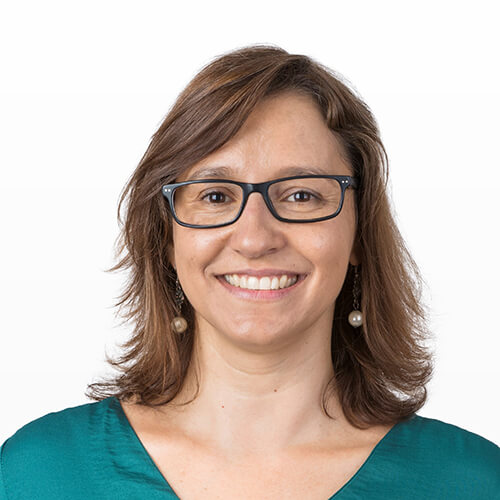
Alexandra Moutinho
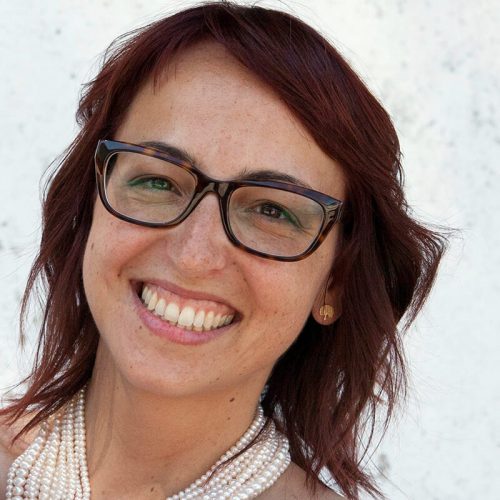
Ana Filipa Ponte
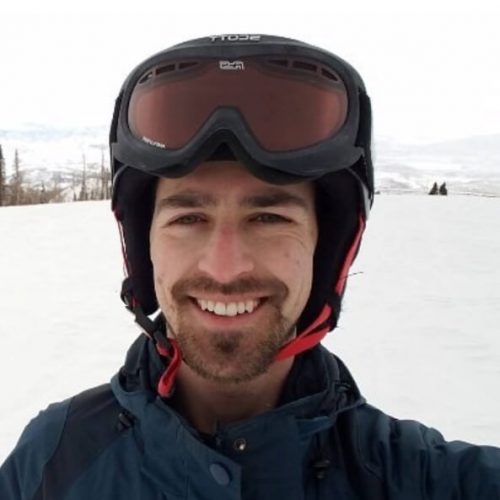
Brandon Leshchinskiy
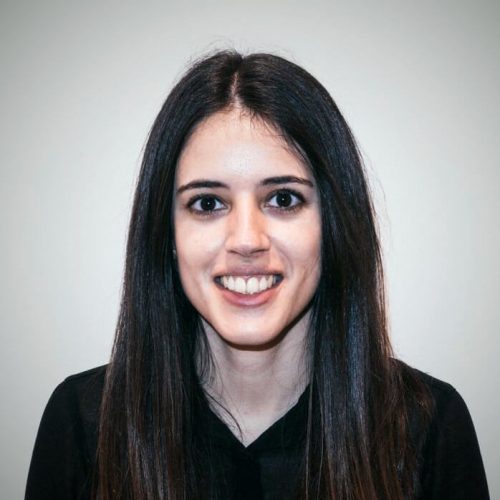
Catarina Pinto
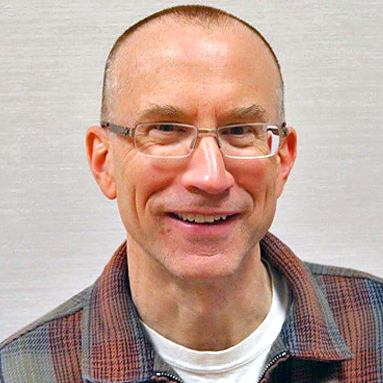
Curt Newton
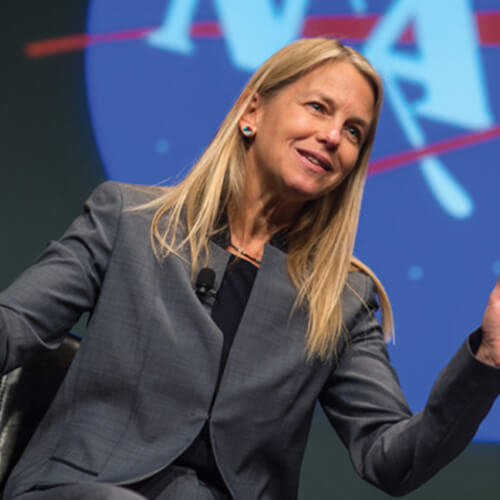
Dava J. Newman
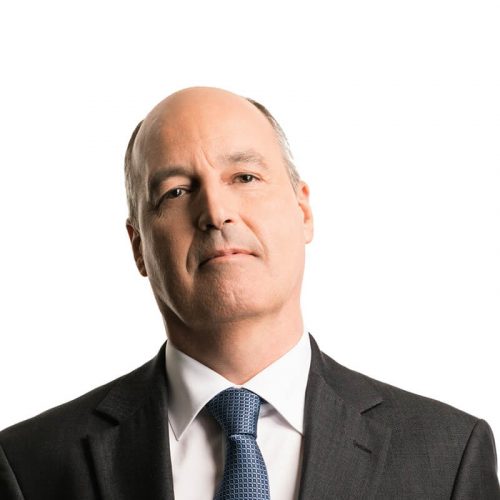
Emanuel Gonçalves
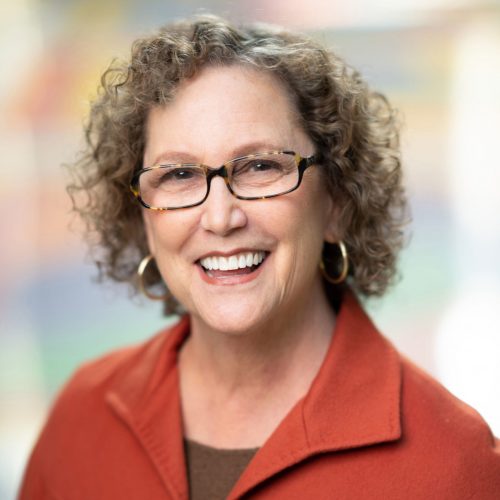
Felice Frankel
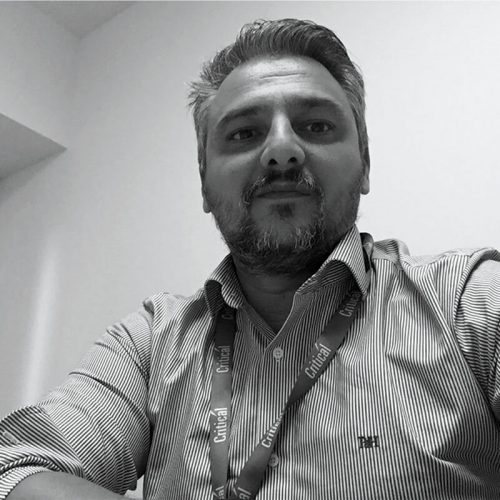
Gustavo Dias
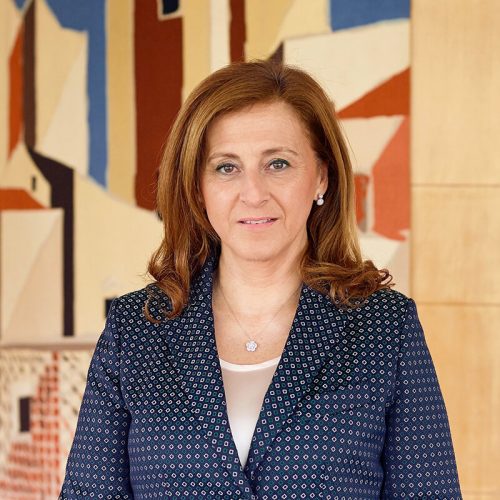
Isabel Furtado
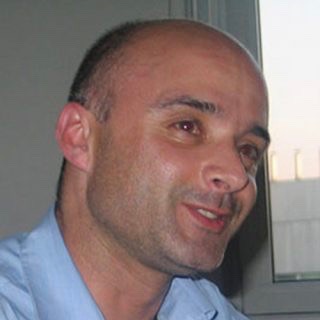
João Tasso
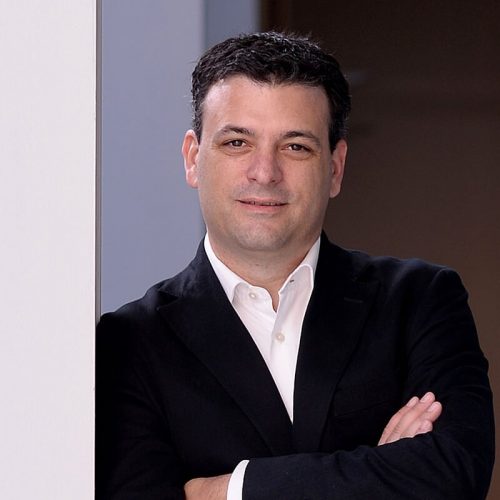
João Martins Negrais de Matos
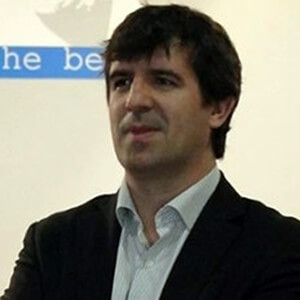
José Freitas
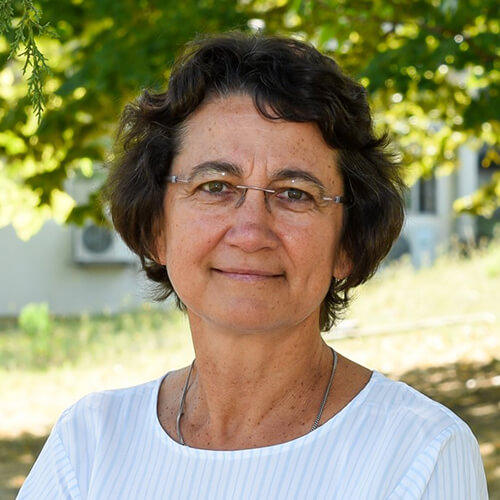
Júlia Seixas
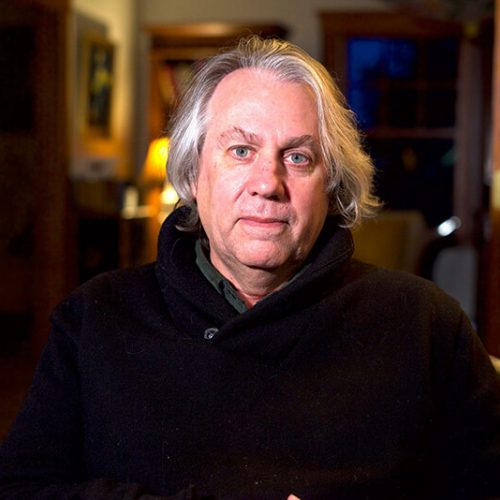
Kerry Emanuel
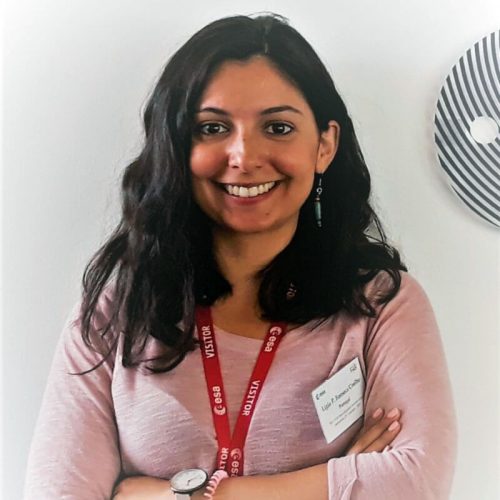
Lígia Coelho
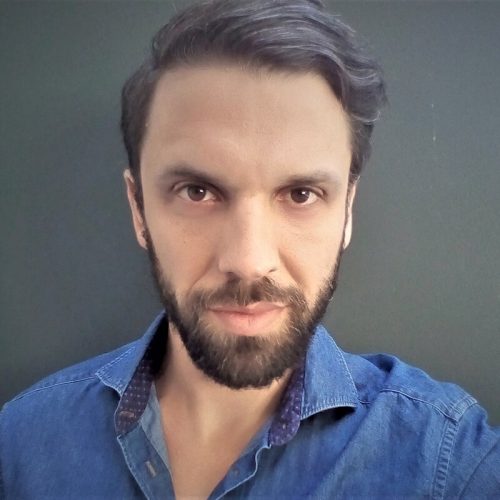
Marco Durães Granja
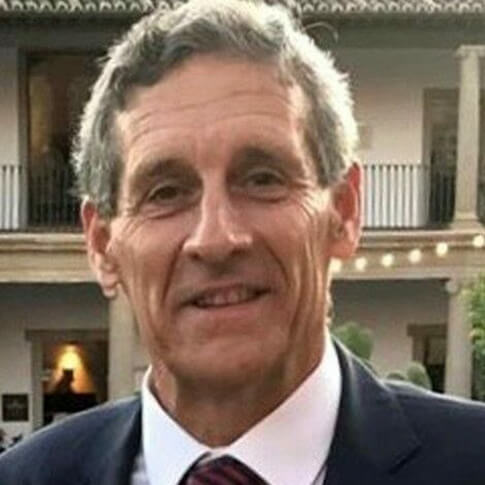
Miguel Bello
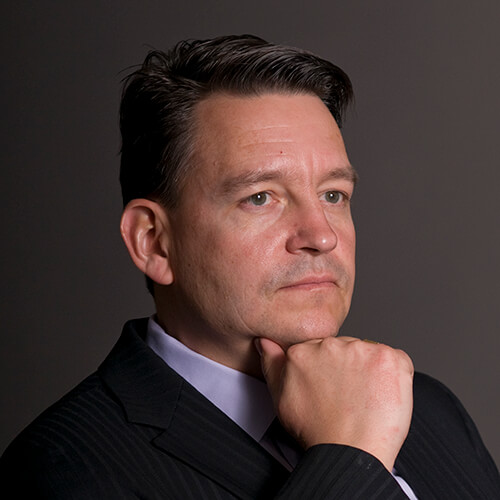
Olivier de Weck
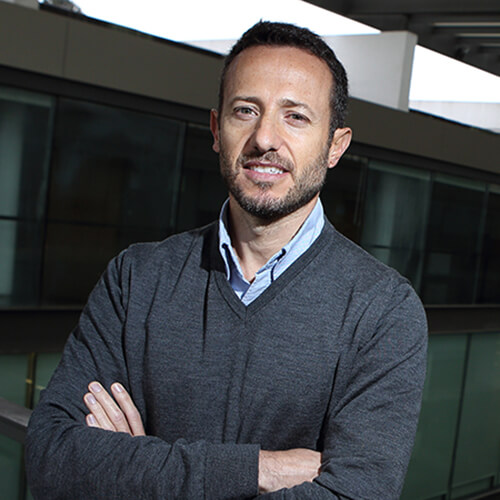
Pedro Arezes
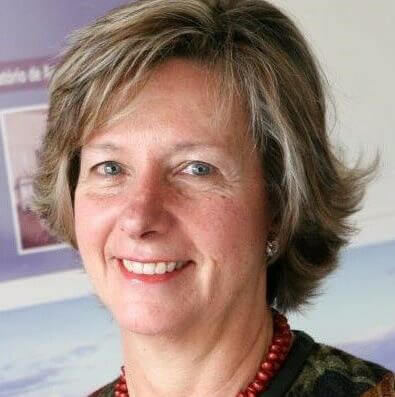
Rafaela Matos
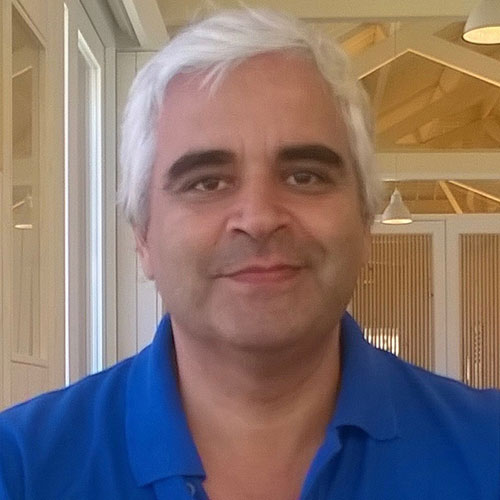
Ricardo Trigo
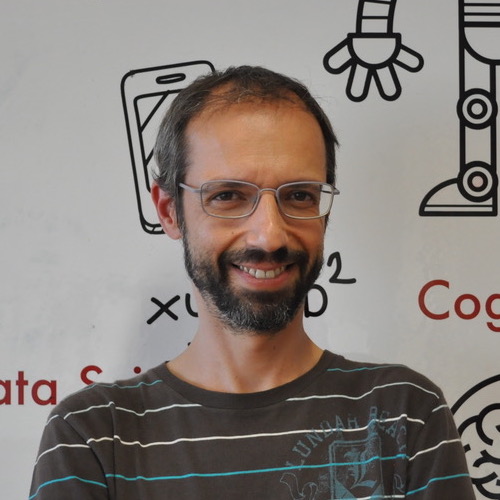
Rodrigo Ventura
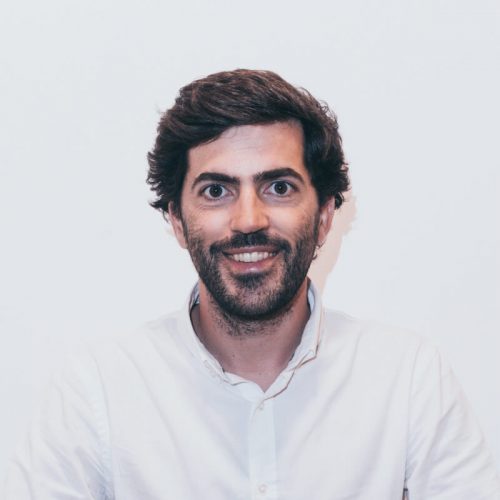
Rui Costa
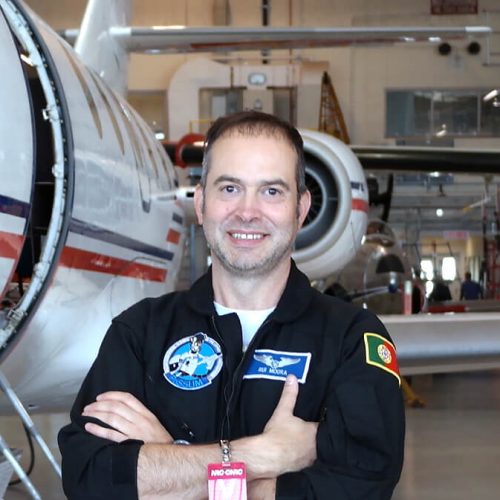
Rui Moura
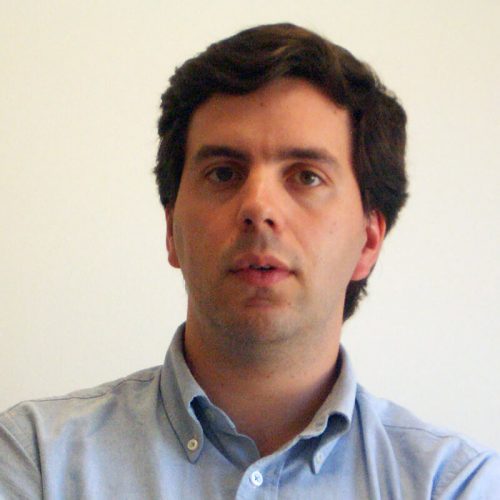
Sérgio Tavares
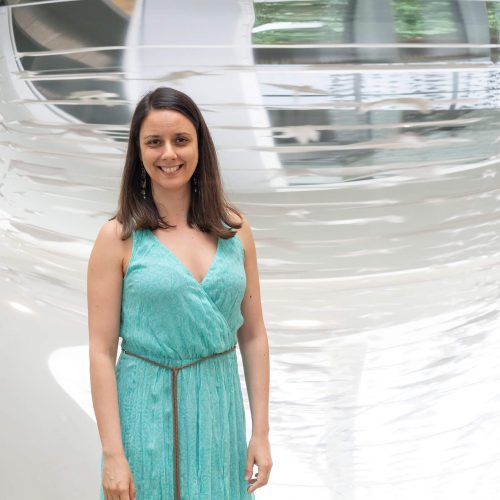
Zita Martins
Alexandra Moutinho
Alexandra Moutinho is Assistant Professor at Instituto Superior Técnico, the reference engineering, science and technology faculty in Portugal. She is also Senior researcher at Center of Intelligent Systems, part of the Institute of Mechanical Engineering. Her research and development mainly focus on Robotic Systems. Her main areas of expertise are: Ground and aerial robotics development and applications; Flight control; Guidance, positioning and navigation systems; Modeling and simulation; Estimation; Mechatronics; Intelligent Data Modelling and Optimization.
Ana Filipa Ponte
Ana Ponte is an Innovation Specialist at the Ground Systems Unit of Deimos Engenharia, where she is engaged in the management of international projects in the Earth Observation field, particularly those that Deimos coordinates in the scope of wide international initiatives such as GEOSS – the Global Earth Observation System of Systems.
Ana is an Environmental Engineer with a Master’s Degree in Economics and Management of Science, Technology and Innovation. She has a 15-year experience in public policies and instruments for supporting Research and Innovation, holding a professional history in the public sector at the level of decision support and international affairs in this area, including within European funding programmes. In this capacity, she provided support to the Space, Environment and Security industrial and scientific communities in Portugal, having assumed country and institutional representation roles at decision and management bodies within the European Commission, the European Space Agency, the Group on Earth Observations and in a number of related Working Groups and Advisory Committees.
Brandon Leshchinskiy
AI and Climate Researcher in the Department of Aeronautics and Astronautics and the Technology and Policy Program at MIT. Brandon Leshchinskiy’s ultimate goal is to “build AI tools to adapt to climate change and the educational tools to stop it.” Leschinskiy created: EarthDNA’s Ambassadors, an outreach program “for the Earth, for future generations”; Led workshops on storytelling, negotiation, and empathy-building; Created Climate 101, an interactive, interdisciplinary workshop that increases the rate of climate conversations by 65%; Co-created MIT’s climate media class, advancing student skills in communication and media analysis.
Workshop:The EarthDNA's Climate 101
Time:October 13 | 2:30 pm
Catarina Pinto
Catarina Pinto is Zenithwings’ Research & Innovation Manager, being involved in maximizing the productivity and output of the research and innovation activities. Currently, she is coordinating 2 R&I projects led by Zenithwings, Operator 4.0, in the Industry 4.0 domain, and SmartAgrichain, in the agrifood sector. During her professional experience, she has also collaborated with Ubiwhere as R&I Projects Controller as well as Funding Consultant.
Catarina has a master’s degree in international Economics and Management from Oporto School of Economics and a bachelor’s degree in Management from the University of Aveiro.
Curt Newton
Professionally, Curt Newton is Director of MIT OpenCourseWare, which freely shares materials from thousands of MIT courses used by millions of learners and educators around the world. Prior to joining OCW in 2004, he worked at AT&T/Lucent Bell Labs as a communications network systems engineer, and co-founded a data network equipment startup.
As a citizen climate activist, Curt is on the statewide volunteer steering team of 350 Massachusetts, using people power to create state and local political will for climate action, and is a trained Climate Reality Project Leader. In MIT’s climate community, Curt co-produced and co-hosted 3 seasons of the Climate Conversations podcast; helped launch and build the ClimateX online climate change community that became MIT’s climate portal; and was staff representative on the MIT Climate Action Advisory Committee.
Curt’s participation in a 2016 World Climate Simulation game introduced him to Climate Interactive’s work. Enamored of that experience, he learned to facilitate World Climate, with a personal interest in reaching high school communities (being a parent of two young people). He’s facilitated En-ROADS games and workshops for high school classes and enrichment programs, graduate-level education students, a global network of education innovators, workplaces, citizens, and the MIT community.
Dava J. Newman
Dava Newman is the Apollo Program Professor of Astronautics at the Massachusetts Institute of Technology (MIT) in Aeronautics and Astronautics, a Harvard–MIT Health, Sciences, and Technology faculty member and Director of the MIT Portugal Program.
Dr. Newman’s research expertise is in multidisciplinary aerospace biomedical engineering investigating human performance across the spectrum of gravity. She is a leader in advanced space suit design, dynamics and control of astronaut motion, leadership development, innovation, and space policy. Newman was the principal investigator on 4 spaceflight missions. The Space Shuttle Dynamic Load Sensors (DLS) experiment measured astronaut-induced disturbances of the microgravity environment on mission STS-62. An advanced system, the Enhanced Dynamic Load Sensors experiment, flew on board the Russian Mir Space Station from 1996–1998. Dr. Newman was a Co-Investigator on the Mental Workload and Performance Experiment (MWPE) that flew to space on STS-42 to measure astronaut mental workload and fine motor control in microgravity. She also developed the MICR0-G space flight experiment to provide a novel smart sensor suite and study human adaptation in extreme environments. She is the MIT PI on the Gravity Loading Countermeasure Suit, or Skinsuit, onboard the International Space Station as an ESA technology demonstration 2015-2017. Best known for her second skin BioSuit™ planetary EVA system, her advanced spacesuits inventions are now being applied to “soft suits/exoskeletons” to study and enhance locomotion on Earth.
Recent research focuses on Earth Systems, namely ocean through near-space subsystems to accelerate solutions for climate and oceans by curating near-space satellite data to make the world work for 100% of humanity. Newman is the author of Interactive Aerospace Engineering and Design, and has published more than 250 papers in journals and refereed conferences, and holds numerous compression technology patents. She has supervised 90 graduate student theses and supervised and mentored over 200 undergraduate researchers.
She served as NASA Deputy Administrator from 2015–2017, and along with the NASA Administrator was responsible for articulating the agency’s vision, providing leadership and policy direction, and representing NASA to the White House, Congress, international space agencies, and industry. Dr. Newman was the first female engineer and scientist to serve in this role and was awarded the NASA Distinguished Service Medal. She championed the human journey to Mars, technology and innovation, and education. Her National Academies service includes membership on the Space Studies Board, two terms on the Aeronautics Space and Engineering Board, the Committee on Human Spaceflight Technical Panel, and a discipline panel on the Decadal Survey on Biological and Physical Sciences in Space. Recent honors include: Lowell Thomas Award, Phi Beta Kappa Visiting Scholar, AIAA Fellow, AIAA Jeffries Aerospace Medicine and Life Sciences Research Award, and Women in Aerospace Leadership Award. She holds a Ph.D. in aerospace biomedical engineering from MIT, M.S. degrees in aerospace engineering and technology and policy from MIT, and a B.S. in aerospace engineering from the University of Notre Dame.
Emanuel Gonçalves
Member of the Oceano Azul Foundation’s Board of Directors and its Chief Scientist, has been involved in the creation, monitoring and implementation of Marine Protected Areas in several regions, including discussions on the high seas. Associate Professor at ISPA – Instituto Universitário and vice-director of MARE – Marine and Environmental Sciences Centre. Deputy-head of the Portuguese Task Group for Maritime Affairs that built the National Ocean Strategy. Coordinator of the EU Group that led the negotiations which approved the CBD Scientific Criteria for Identifying Ecologically or Biologically Significant Areas (EBSAs) in the marine realm. Member of the National Council of Environment and Sustainable Development.
Keynote Speaker:Keynote Speaker
Time::10:00am
Felice Frankel
Science photographer Felice Frankel is a research scientist at the Massachusetts Institute of Technology in the department of Chemical Engineering with additional support from Mechanical Engineering. Frankel is a Fellow of the American Association for the Advancement of Science, and was awarded a Guggenheim Fellowship.
Working in collaboration with scientists and engineers, Felice Frankel’s images have appeared in outlets such as National Geographic, Nature, Science, Angewandte Chemie, Advanced Materials, Materials Today, PNAS, Newsweek, Scientific American, Discover, Popular Science and New Scientist, among others.
Additionally, Frankel has been profiled in the New York Times, WIRED, Life, Boston Globe, Washington Post, The Chronicle of Higher Education, National Public Radio’s “All Things Considered” and “Science Friday” and various European publications. She exhibits her work throughout the United States and in Europe and her limited-edition photographs are included in a number of corporate and private collections. Specific works were also displayed in the exhibition, “Design and the Elastic Mind” at the Museum of Modern Art.
Gustavo Dias
Gustavo serves as a chairman of Stratosphere Board and as its Chief Executive Officer, where, among other areas, he’s responsible for global strategy, marketing and external relations.
Gustavo Dias holds both a Mechanical Engineering and a Master in Structural Engineering degrees from Faculty of Engineering of Oporto University, and received a PhD in Polymer Science and Mechanical Engineering by a join project of University of Minho and Ecole Nationale des Mines, Paris. Gustavo has experience in academic, industrial and engineering activities for over 20 years as a Professor at University of Minho and in R&D both in Portugal and internationally as a researcher in the field of Aerospace aplications of structures, materials and systems development. Several years running projects and organizations providing solutions for leading edge industries such aeronautics and space provided a strong experience in management of complex projects and teams, which has now resulted in his founding Stratosphere to answer critical industry needs.
#Session 1:Looking ahead: Research & Impact of MPP Flagship Projects
Time::11:00 am
Isabel Furtado
Isabel Gonçalves Folhadela Furtado is the CEO of TMG Automotive. Holds a degree in Economics by the University of Manchester, England.
Isabel is member of the Board of Directors of the companies in TMG Group and Casa Agricola de Compostela. Started her career in process control at TMG, and later took the responsibility for all the industrial platforms within TMG Group. In 2000 became the Corporate Director for Quality, Environment and Safety. In 2008 became CEO of TMG Automotive.
Currently holds the following positions:
Chairman of COTEC;
Member of Board of Curators of Universidade do Minho,
Member of Board of Directors and Executive Board of CEIIA (Centro de Excelência da Indústria Automóvel),
Member of the Executive Board of the ATP (Associação Têxtil Portuguesa),
President of High Council of the Portuguese Family Business Association (APEF),
Member of Directors of Fundação AEP
In June 2014, was awarded with the Industrial Order of Merit insignia by the President of Portugal. In July 2019, was awarded with Prémio D. Antónia Ferreira
Session #1:Looking ahead: Research & Impact of MPP Flagship Projects
Time:11:00am
João Tasso
João Tasso de Figueiredo Borges de Sousa is a Professor at the Electrical and Computer Engineering Department from Porto University in Portugal and the head of the Laboratório de Sistemas e Tecnologia Subaquática – LSTS (Underwater Systems and Technologies Laboratory). He holds a PhD and an MSc in Electrical Engineering, both awarded by the University of Porto. His research interests include autonomous underwater, surface and air vehicles, planning and execution control for networked vehicle systems, optimization and control, cyber-physical systems, and applications of networked vehicle systems to the ocean sciences, security, and defence. He received the BES Innovation National Award for the design of the Light Autonomous Underwater Vehicle in 2006, an outstanding teaching award from Porto University in 2008 and the IEEE Ocean Engineering Society mid-career Rising Star awar
d in 2018. He has been involved in yearly conferences and workshops and lecturing on networked vehicle systems in renowned universities in the United States of America and Europe. He was the chair of the 2013 edition of the IFAC Navigation, Guidance and Control Workshop and the chair of the 2018 IEEE OES AUV Symposium. He is one of the co-chairs of the IEEE/MTS Oceans 2021 conference that will take place in May 2021. He is a member of the IEEE Robotics and Automation Multi-robots Systems Technical Committee and of the International Federation of Automatic Control (IFAC) Marine Systems Technical Committee. He is in the Advisory Board of the Swedish Marine Robotics Center and of the NATO MUSIC2 Innovation Advisory Board. He was the chief scientist for the Schmidt Ocean Institute cruise Exploring Fronts with Multiple Robots, which took place in the Pacific Ocean in 2018. He is currently an Associate Editor of the IEEE Journal of Oceanic Engineering. He has authored over 400 publications, including 40 journal papers.
João Martins Negrais de Matos
Academic Qualifications: Degree in Economics from the Faculty of Economics of the University of Porto. Master of Science in Finance from Boston College. Chartered Financial Analyst by the CFA Institute. Financial Risk Manager by the Global Association of Risk Professionals.
Current responsibilities: Executive director at dstgroup since August 2007 and since March 2014 executive director of the Group’s holding company – dst sgps, SA. Taking responsibility in Risk Management and Control, Financial Incentives, Ventures, Research and Innovation and Information Systems.
Professional experience: João held the position of Manager at Banco Espírito Santo Investimento until July 2007, with responsibilities for the bank’s consolidated Management Information. Until June 2005, worked as Assistant Financial Controller at Netjets Europe, a Berkshire Hathway subsidiary. He held the position of Manager at the Lisbon office of KPMG – SROC, S.A. until December 2004, where his professional experience focused on auditing large economic groups in the financial area. Until July 2001, he served as a senior auditor in the Porto office of KPMG – SROC, S.A. to economic groups in the non-financial area.
José Freitas
José Freitas is responsible for Sales & Business Development of the Space and Maritime Security Systems business unit at EDISOFT since 2019.His career started in 2000, in the area of ICT. After working in the Banking, Telecoms, Aeronautics and Defense sectors, his career focused on the Space business. Prior to joining EDISOFT, he worked at BAE Systems in the UK and at Thales Alenia Space in France. He has a degree in Computer Science Engineering from Instituto Superior Técnico. Last year he obtained a doctoral degree in Social Sustainability and Development, at Universidade Aberta, having defended a thesis that addressed Earth Observation in Africa.
Júlia Seixas
Júlia Seixas is Professor in the areas of Remote Sensing in Environment, and Energy and Climate Change. She coordinates the Energy & Climate group at CENSE research center, dedicated to R&D towards carbon neutrality: energy systems integrated modeling, new energy technologies, new policy instruments, sustainable cities, climate vulnerability and adaptation of energy systems. She is also Member of the Scientific Committee of the UL-UNL Joint PhD Program on Climate Change and Sustainable Development Policies. She has more than 60 publications in international scientific journals. Coordinates studies to support the national public policy on climate mitigation for more than 20 years and coordinates the Climate-KIC Hub Portugal since 2016. Júlia Seixas is President of the Department of Environmental Sciences and Engineering since March 2017.
Kerry Emanuel
Dr. Kerry Emanuel is the Cecil and Ida Green professor of atmospheric science at the Massachusetts Institute of Technology, where he has been on the faculty since 1981, after spending three years on the faculty of UCLA. Emanuel’s initial focus was on the dynamics of rain and snow banding in winter storms, but his interests gradually migrated to the meteorology of the tropics and to climate change. His specialty is hurricane physics and he was the first to investigate how long-term climate change might affect hurricane activity, an issue that continues to occupy him today. His interests also include cumulus convection, and advanced methods of sampling the atmosphere in aid of numerical weather prediction.
Emanuel is the author or co-author of over 200 peer-reviewed scientific papers, and three books, including Divine Wind: The History and Science of Hurricanes, published by Oxford University Press and aimed at a general audience, and What We Know about Climate Change, published by the MIT Press and now entering its third edition. He is a co-director of MIT’s Lorenz Center, a climate think tank devoted to basic, curiosity-driven climate research.
Lígia Coelho
Lígia F. Coelho obtained her MSc degree in Microbiology in 2017 from Instituto Superior Técnico. The same year, she co-authored a project of a medical device for the diagnosis of UTI’s. The project was awarded with the first prize in the European commission’s entrepreneurship competition. In 2018, she became a PhD candidate in Astrobiology and a MIT-Portugal Program (MPP) Bioengineering fellow. Her work is focused on the integrative study of ice and water samples from the Arctic as a proxy to extra-terrestrial life on the icy moons of our solar system. In 2019, Lígia was the co-author of a payload project to study the effect of microgravity on photosynthetic microorganisms. The project won the Blue Origin student’s competition, sponsored by MPP and flown on the same year on-board of the New Shepard.
Marco Durães Granja
Marco Granja joined the R&D and Government Incentives team in 2004 and has developed extensive experience in application procedures for financial incentives and tax benefits to IDI. Marco has a MBA from Cass Business School, London (2011 – 2012) and at the end of 2012 he was Director, in the area of financial support to Science, Business Research and Development (Axis I), at COMPETE.
In 2015, he completed the Executive Education, PAEGI – Advanced Program on Innovation Management & Entrepreneurship, from Católica Business School. Between 2015 and 2019 he joined Deloitte’s GI3 unit (Government Investment and Innovation Incentives) with responsibilities in promoting and monitoring multiple investment projects, with a special focus on the areas of R&D, Technology Transfer and Innovation.
Since 2019, he is responsible for Grupo NOS in the area of innovation financing, involving the management of IDI projects with external funding; the establishment of University-Company partnerships for the promotion of collaborative R&D, as well as the dynamization of the Startups ecosystem using Venture Capital.
Session #1:Looking ahead: Research & Impact of MPP Flagship Projects
Time:11:00 am
Miguel Bello
Session #2:Earth Systems: Oceans to Near Space
Time::2:00 pm
Olivier de Weck
Olivier de Weck is Professor of Aeronautics and Astronautics and Engineering Systems at MIT where he teaches Technology Roadmapping, Satellite Engineering and Systems Engineering as well as Multidisciplinary Design Optimization. He has authored over 400 publications (12 best paper awards since 2004) and is a Fellow of INCOSE, Associate Fellow of AIAA and Senior Member of IEEE. He and his group worked with NASA’s Office of Emerging Space to develop new Commercial Space Technology Roadmaps in 2018 and he is a former Senior Vice President of Technology Planning and Roadmapping at Airbus where he was responsible for roadmapping a $1 billion R&D portfolio for the world’s largest aircraft manufacturer. His passion is to improve life on our home planet Earth through research and education in systems engineering while paving the way for humanity’s future off-world settlements.
Pedro Arezes
Since 2016, Pedro Arezes has been a National Director of the MIT Portugal Program. Since 2013, Pedro has been a Full Professor (Professor Catedrático) on Human Factors Engineering at the School of Engineering of the University of Minho, and a visiting fellow at MIT and Harvard University, both in the USA. Since 2013, he is also an invited full Professor at the University of Porto (Engineering Faculty). In 2010/2011, he worked as an invited researcher at TU Delft (Safety Science group), in the Netherlands.
Having a background on Industrial Engineering, he holds a PhD in the same domain from the UMinho, where he also coordinates, since 2003, the Ergonomics & Human Factors research group,being also the Director of the Ergonomics Laboratory and Program Director of the PhD Program on Industrial and Systems Engineering. He has published more than 100 papers in peer-reviewed scientific journals, authored and edited more than 50 Books and book chapters, and authored more than 300 peer-reviewed papers published in international conference proceedings. During his academic career he has been a member and/or PI of more than 30 international and national competitive funded research projects across several domains, with a special emphasis to the domains of Ergonomics and Human Factors, and of Occupational Safety and Hygiene. He has been collaborating (as a member of the editorial board, guest editor and/or reviewer) with more than 20 recognized international scientific journals.
Rafaela Matos
Rafaela Matos is Civil Engineer, Hydraulics (IST, 1977), Water and Wastewater Engineering PhD (1987) and Principal Researcher at LNEC, full Professor equivalent (since 2000). Her main areas of expertise are: urban water management, climate change and water, nature-based solutions and cities, performance assessment and benchmarking of wastewater services, and European and International water regulations and standards.
She was the Head of the Hydraulics and Environment Department (2004-2016) and Vice-President of LNEC`s Scientific Council (2014-2017). She is elected member of the Portuguese Engineering Academy. She was member of the IWA Joint Committee of Urban Drainage (2003-2009), leader of the Task Force of Performance Indicators for Wastewater Services (2000-2003) and member of the Program Committee of IWA (2010-2014). She is Member of the Strategic Advisory Board (SAB) of the EU Joint Programing Initiative- Urban Europe (2012 to present) and was member of the Task-Force of the EU/ European Innovation Partnership on Water (2012-2017). She has been member of more than 30 University Jurys for Master, PhD and Habilitation degrees in Portugal, France and Norway.
She is Board Member of the Portuguese Water Partnership (PWP), responsible for the R&I portfolio (2015 to present). She is advisory board member of KLIMA 2050 – A Centre of Excellence for Climate and the Built Environment in Norway (2016 to present). She is, since 2017, member of the Scientific Council of the National Strategy for Climate Change Adaptation (ENAAC) and has been one of the authors of the Strategic Thematic Agenda on R&I -Climate Change (2019). She was invited by the Ministry of Environment and Climate Action in 2018 to be the representative the Environment on the “Tariffs Council” of the Energy Services Regulatory Authority (CT-ERSE).
She was the leader of the EU project H2020 BINGO– Bringing INnovation to OnGOing Water Management – A better future under Climate Change (2015-2019), she is team member of the EU project H2020 RESCCUE – Resilience to cope with Climate Change in Urban Areas (2016-2020) and she is core-team member of LIS-Water– Lisbon International Centre for Water (2020 onwards) . She has been both Executive Committee Member and Organizing Committee member of the ECCA2019 – European Climate Change Adaptation Conference, the largest European Conference on Climate Action in Europe, hold in Lisboa, 1200 participants, 28-31 May 2019.
She has coordinated more than 50 R&I projects and is author of 6 books and more than 350 publications, including journal articles, communications & papers, reports and book chapters. She was awarded 4 Prizes for her international R&I activities.
Session #3:Climate Science & Climate Change
Time:3.00pm
Ricardo Trigo
Ricardo Trigo is an Associated Professor at the Geophysics, Geographical Engineering and Energy Department and Director of the Associated Laboratory Instituto Dom Luis (IDL), both at the Faculty of Sciences, Univ of Lisbon. He has published extensively (>250 papers, h=58 Scopus) in complementary areas of research with particular emphasis on Natural Hazards such as Floods, Droughts, Landslides, Heatwaves and Wildfires.
Rodrigo Ventura
Rodrigo Ventura (PhD) is a tenured Assistant Professor of the Electrical and Computer Engineering Department of Instituto Superior Técnico (IST), University of Lisbon, and a senior researcher of the Institute for Systems and Robotics – Lisbon (ISR-Lisbon), part of the Laboratory of Robotics and Engineering Systems (LARSyS). Broadly, his research is focused on the intersection between Robotics and Artificial Intelligence, with particular interest in human-robot interaction, mobile manipulation, biologically inspired cognitive architectures, and decision making under uncertainty. This research is driven by applications in space robotics, urban search and rescue robotics, aerial robots, and social service robots.
Rui Costa
Rui A. Costa, CEO and Co-Founder of Ubiwhere, has an extensive academic curriculum, with a Degree in Computer Engineering and Telematics and a Degree in Applied Mathematics and Computation (both from the University of Aveiro), an MBA in Management (from Porto Business School, University of Porto) and a Master’s Degree in Wireless Networks (by the Queen Mary College, University of London).
As Co-Founder of Ubiwhere, Rui has been involved in diverse R&D projects, mostly undertaking management responsibilities, namely in European projects (FP5, FP6, FP7 and H2020 framework programmes) for Smart Cities and Future Internet. Additionally, he is also a manager in ten more high-tech companies, which gives him numerous interdisciplinary abilities. Rui has been Network Architect in PT Inovação, Researcher in IEETA and IT, and Professor at the University of Aveiro.
Rui Moura
Rui Moura is from Portugal, a professor and researcher at the Faculty of Sciences of the University of Porto. He graduated from the University of Aveiro in Geological Engineering and and later completed a PhD from the University of Aveiro in Geophysics. Currently a researcher at the Institute of Earth Sciences (ICT-Porto) and also the vice-director of the Geophysical Institute of the University of Porto. One of his research interests, at the moment, is in the geophysical properties of Lunar Regolith having also conducted microgravity experiments within that topic. His field of research has gtiven him more than 20 years of geophysical field work, thus plenty of experience in performing scientific measurements in some harsh wild environments. He also researches and lectures in topics related to natural hazards and risk assessment and was responsible for setting up current Earthquake Risk Assessment guidelines for Kyrgyzstan’s government.
Rui, is also a licensed pilot, since 1993, currently holding night flying and aerobatic ratings and having piloted over 25 different aircraft types (from light aircraft to military jets). He also participated for three years in aerobatic competition as well as five years in forest fire surveillance actions. Rui, joined PoSSUM in 2016, graduating from PoSSUM Scientist-Astronaut class 1601. Recently he has also made efforts in Portugal to promote human space flight using authentic artifact exhibitions and has also been invited to numerous public talks, media interviews and conference events.
Sérgio Tavares
Sergio M. O. Tavares is the PI of the Flagship Project Transformer 4.0, at Efacec in Porto, Portugal. Sergio joined Transformers business unit of Efacec in 2018 supporting the development of computational and numerical activities and endorsing the digitalization of the transformers. His main areas of expertise comprise computational mechanics, elements design, fracture mechanics, systems engineering and digital transformation. Sergio got his PhD in leaders for technical industries in 2011, part of the MIT-Portugal Program (Engineering Design and Advanced Manufacturing focus area) and he is graduated in mechanical engineering in Faculty of Engineering of the University of Porto. His experience includes R&D activities in HZG in Geesthacht, Germany, MIT in Cambridge, MA, USA, Airbus in Bremen, Germany, INEGI in Porto, Portugal. He was also invited lecturer at University of Porto and at University of Aveiro in courses related with computational methods and mechanics of materials. He is co-author of one book and of several peer-reviewed scientific articles and he is inventor in two patents.
Zita Martins
Zita Martins is an Astrobiologist, an Associate Professor at Instituto Superior Técnico (IST, Portugal), and a Co-Director of the MIT Portugal Program. She works in the field of Astrobiology and Cosmochemistry, and her research interests include the detection of bio-signatures in space missions, and the potential contribution of organic compounds present in meteorites and comets to the origin of life on Earth.
She has a 5-year undergraduate degree (Licenciatura) in Chemistry from IST (Portugal, 2002) and a PhD in Astrobiology from Leiden University (The Netherlands, 2007). She was an Invited Scientist at NASA Goddard (2005 and 2006), and an Invited Professor at the University of Nice-Sophia Antipolis (France) (2012). In 2009 she was awarded a Royal Society Research Fellowship worth 1 Million British Pounds, and she was a Royal Society University Research Fellow at Imperial College London (UK) until end of 2017. Since January 2018 she is an Associate Professor at IST (Portugal).
Zita Martins has been actively involved in space research, including participation in several space missions. From 2007 to 2009 she worked on the Urey Mars Organic and Oxidant detector, which was previously listed to fly to Mars on the ExoMars mission. She is a Co-Investigator of two European Space Agency (ESA) space missions (OREOcube and EXOcube), which will be installed in the International Space Station. She is also a Member of the Portuguese Consortium of the ARIEL space mission from ESA, and a Member of the “Organic macromolecules” sub-team of the Japanese space mission Hayabusa2 from JAXA.
